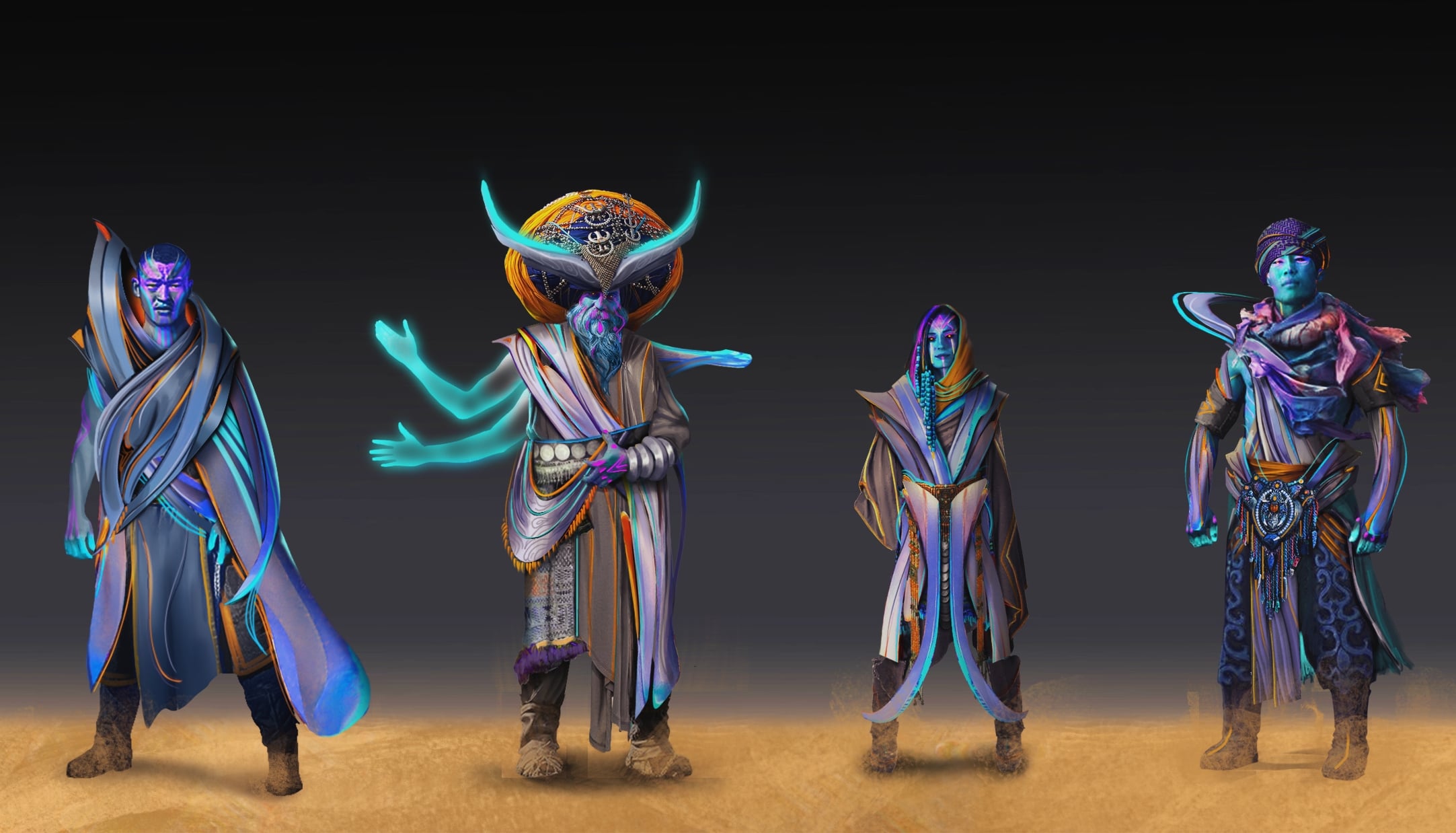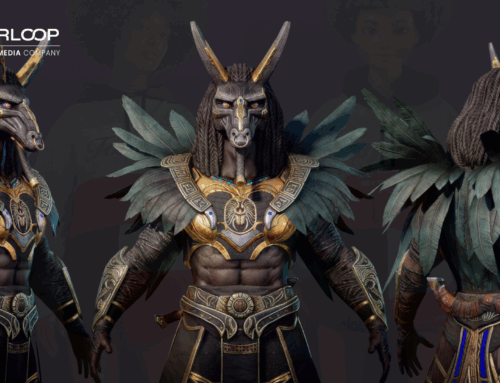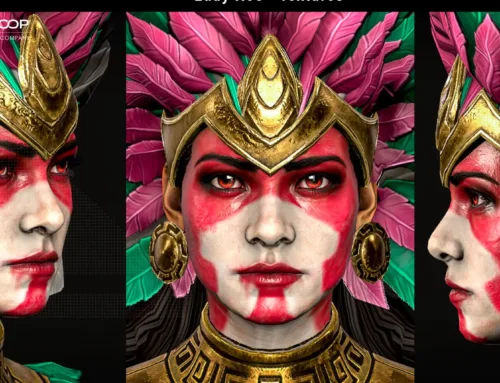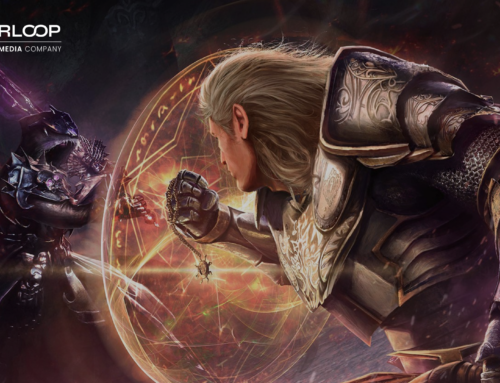While outsourcing is an excellent way to quickly scale and add experienced members to your development cycle, it can be expensive. Especially if you’re considering co-development for the entire development pipeline. While this can be beneficial in gaining a large amount of external expertise and creativity, it might not be best for your project.
In that case, we would suggest that if you’re considering outsourcing co-development, that you take it on for the production stage.
What are the five stages of game development?
The five stages of game development are planning, pre-production, production, launch, and post-production/post-launch.
Planning is the initial early stages where concepts are considered and prepared. The team are looking at what kind of game they want to create, the story they want to tell, who they’ll tell it to, and what platform it will be on.
Pre-production takes the ideas and makes them more real. It’s early prototyping days and establishing a story. The plan is set for the rest of the project here, both in terms of development and the game’s story and mechanics.
Production we’ll get to later!
Then there’s the launch stage, which is preparation to do just that. This is time for quality assurance and bug fixing, polishing of mechanics and assets, and building up to the final release. When the game is ready for launch, it goes “gold”. The launch stage is actually several stages really, as the development team go through several phases of pre-launch testing and balance checking.
Then, post-launch is a constant string of bug fixes, quality of life improvements, and balancing while working on new content to deliver later on.
What happens in the production stage of game development?
The production stage is the longest and most intensive stage of the game development cycle. This is where the modeling and designing happens, where the bulk of the game’s design is finalized and implemented, audio and visual effects are introduced, game physics and mechanics are put in place, and final renders occur.
Really, when people outside of the industry talk about game development, this is what most would be referring to. It is the stage where the whole team is creating, iterating, and finalizing the game itself. Most of the project’s resources are used here, as this is where the most challenges will arise.
Unlike pre-production, this is where a lot of mechanical work occurs. With pre-production, we see a lot of progress on art styles and story beats. Engineers are consulted for technological requirements and potential challenges. The bulk of the work here is with writers, artists, and producers.
In the production phase of development, the whole team is on deck working at a breakneck pace. They are ensuring that the characters and environments look exactly the way that the team envisioned, that the audio and sound design elevate and give the game’s events weight. You’d be surprised how something like a bad footstep sound effect can ruin an entire game experience. In that same breath, the level designers are crafting the final experience, ensuring that the world feels real and alive for the players’ experience.
This stage is the longest of the whole process, usually at least 12 full months of development. And that would be considered a very short timeframe to finalize and execute all of these elements properly.
What are the advantages of outsourcing in production stage
The advantages of outsourcing in the production stage are focused on time and resource management. While outsourcing is out of the budget for smaller studios, it is integral and often absolutely necessary for larger companies. With the time and turnaround expected of them by publishers, outsourcing isn’t just an advantage. It’s a requirement.
With outsourcing, you gain immediate and continuous access to a large group of seasoned professionals. Whether you need support across the board in the production stage or just in elements, such as developers or artists, outsourcing can provide. No need to check their credentials or whether they’re a good fit for your company. You are guaranteed to have a communicative, effective, and efficient team at your disposal.
It is a significant saver on time and money as you do not have to look for these team members in the hiring world. Or take the time to go through a hiring process. You don’t need to provide them with an intake course or any tool licences. They will be ready and waiting immediately upon contract start. Ready to integrate and provide whatever it is you need. In the long run, co-development is less expensive than expanding in-house to scale to needs.
Starloop Studios is proud to be part of the Magic Media group, an international group specialising in entertainment and gaming industry services. Our wide range of offerings includes VFX, blockchain gaming, game art services, and more. Reach out today to avail of our expertise and A-Z services for your projects.



